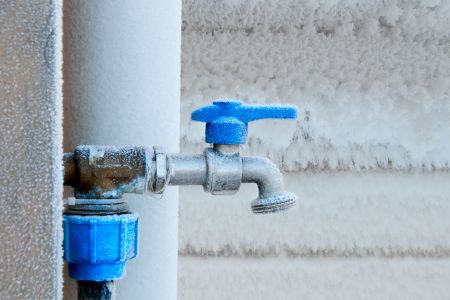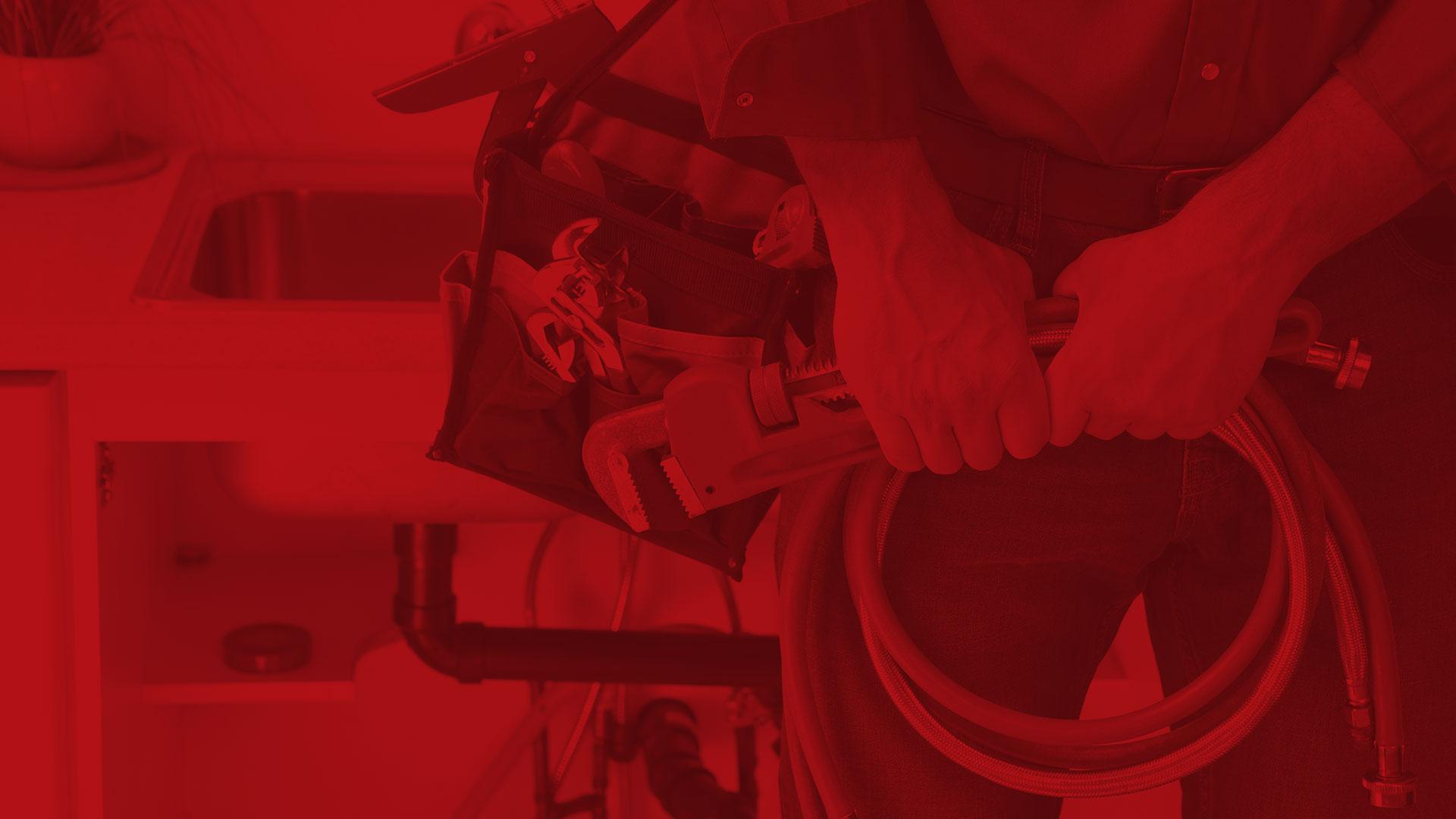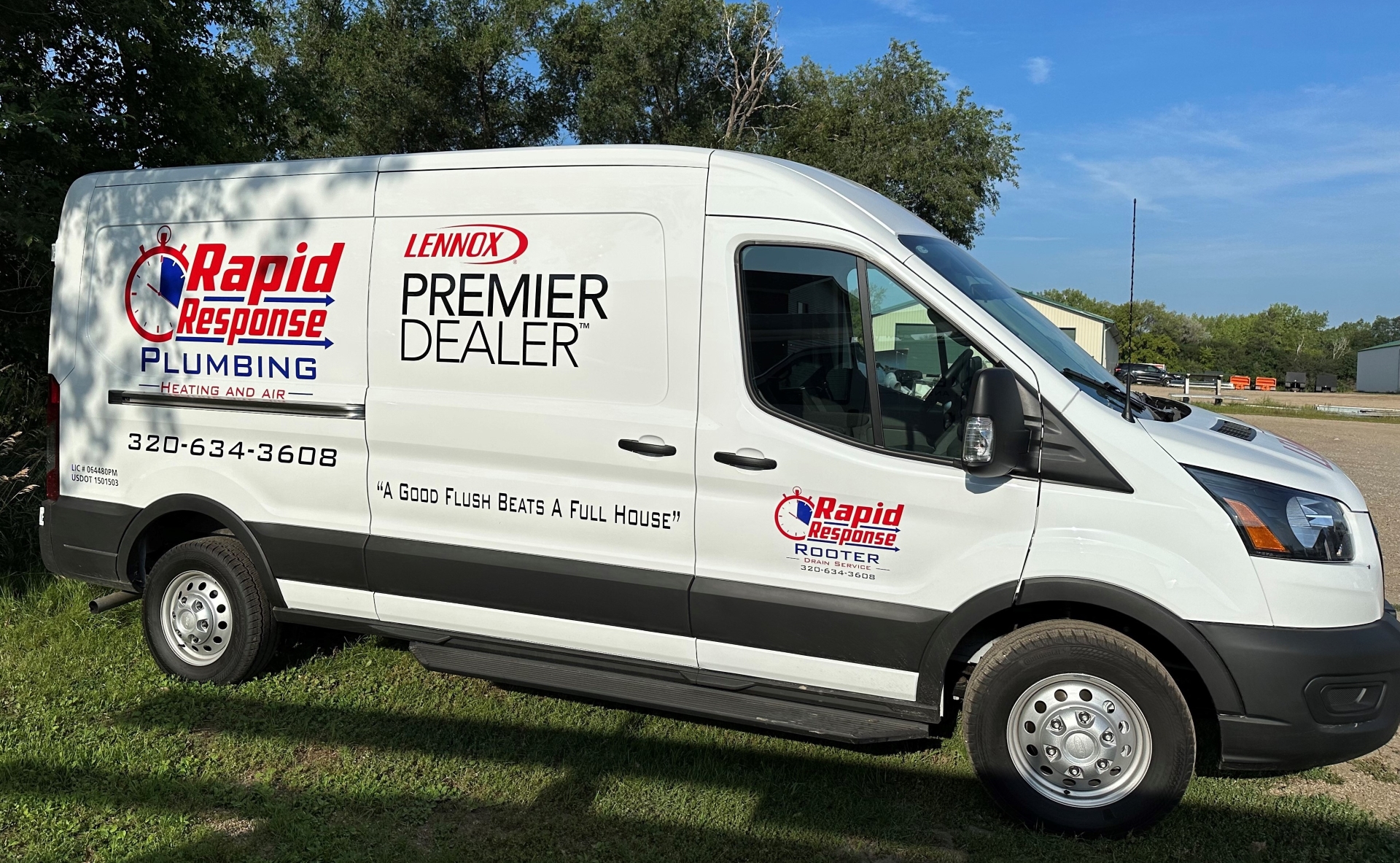Cold Weather Challenges: Ensuring Peak Performance for Tankless Water Heaters in Winter

When the temperatures start to dip, your tankless water heater might face challenges you didn’t anticipate. While these units are praised for their efficiency and on-demand hot water, cold weather—especially in climates like Glenwood’s—can take a toll if precautions aren’t in place. For homeowners looking to avoid costly repairs or inconvenient outages, understanding winter-specific concerns is key to keeping your hot water flowing no matter the forecast.
The Risk of Freezing in Exterior-Mounted Units
One of the biggest threats to a tankless water heater during winter is freezing—particularly for units installed outside the home. These systems rely on a constant flow of water through small internal pipes and components. If standing water is left in the unit overnight or during extreme temperature drops, it can freeze and expand, leading to cracked heat exchangers or burst pipes. Many homeowners assume that because the unit is high-tech, it’s protected from the elements by default. Unfortunately, that’s not always the case.
Insulation and Installation Tips for Cold Climates
Proper installation and insulation are the first lines of defense. For Glenwood homeowners, that means placing the unit in a location shielded from wind exposure, preferably along a wall with radiant heat from the home. Adding pipe insulation sleeves, heat tape, or an insulated cover can dramatically reduce the chances of freezing. Some Glenwood residential plumbing experts also recommend installing shut-off valves and drain ports so the system can be easily emptied during extended periods of inactivity.
Built-In Freeze Protection Features
Many modern tankless water heaters come equipped with built-in freeze protection—but it's important to understand how these features work. Typically, they rely on electric heating elements that activate when temperatures fall below a certain threshold. However, they only function when the unit has power, which means a power outage during a cold snap could still lead to damage. To mitigate this risk, consider installing a battery backup or whole-home generator if your area is prone to outages.
Winter Maintenance: Before and After the Freeze
Preventive maintenance is just as important as installation strategy. Before winter sets in, inspect the unit and its surrounding pipes for any signs of wear or insulation gaps. Run a system flush to remove sediment buildup, which can make the unit work harder in cold conditions. After a cold spell, check for leaks, odd noises, or drops in water pressure that might signal internal damage. Regular maintenance by Glenwood residential plumbing experts can ensure that your tankless water heater is performing at peak efficiency year-round.
Don’t let winter weather leave you without hot water. Whether you’re installing a new system or preparing an existing one, Rapid Response Plumbing, Heating & Air is here to help Glenwood homeowners get the most from their tankless water heaters. Contact us today for expert service and reliable protection against the cold!

Request Service Today!
